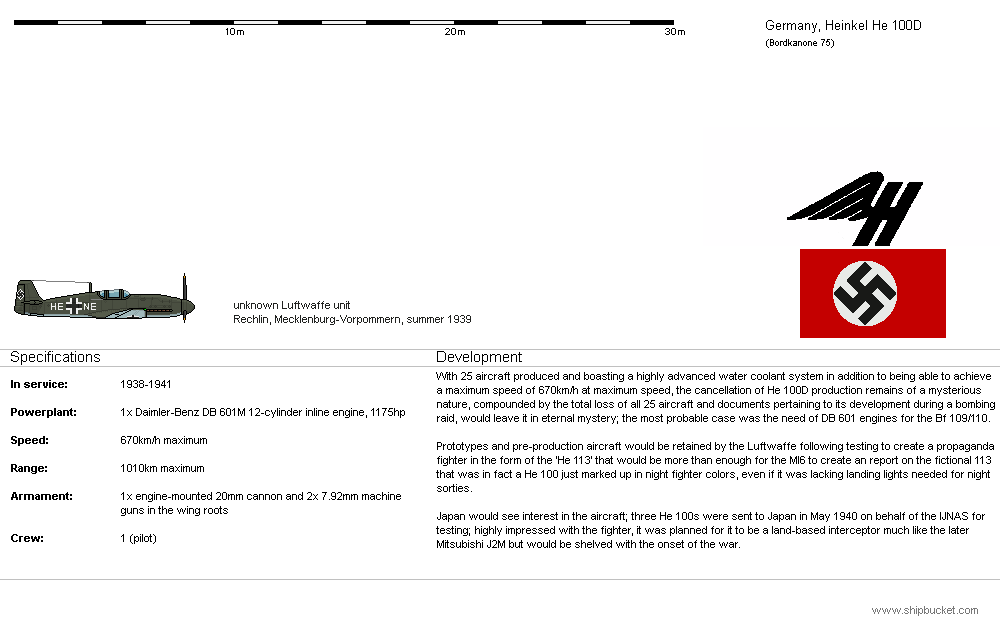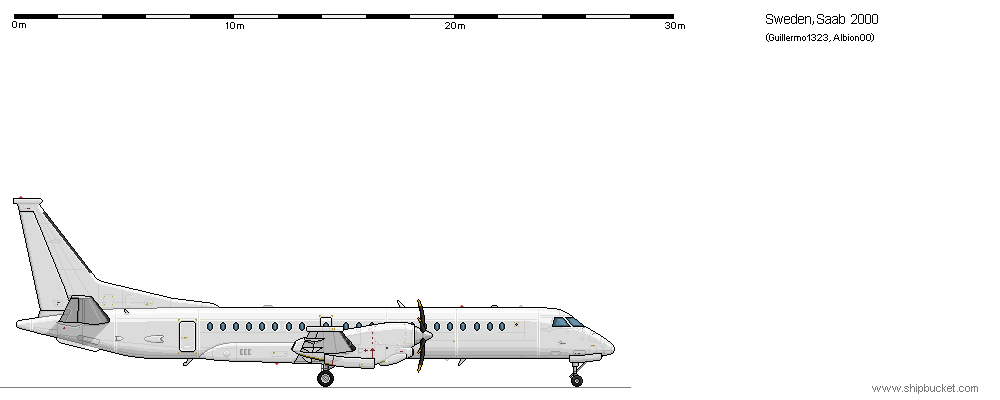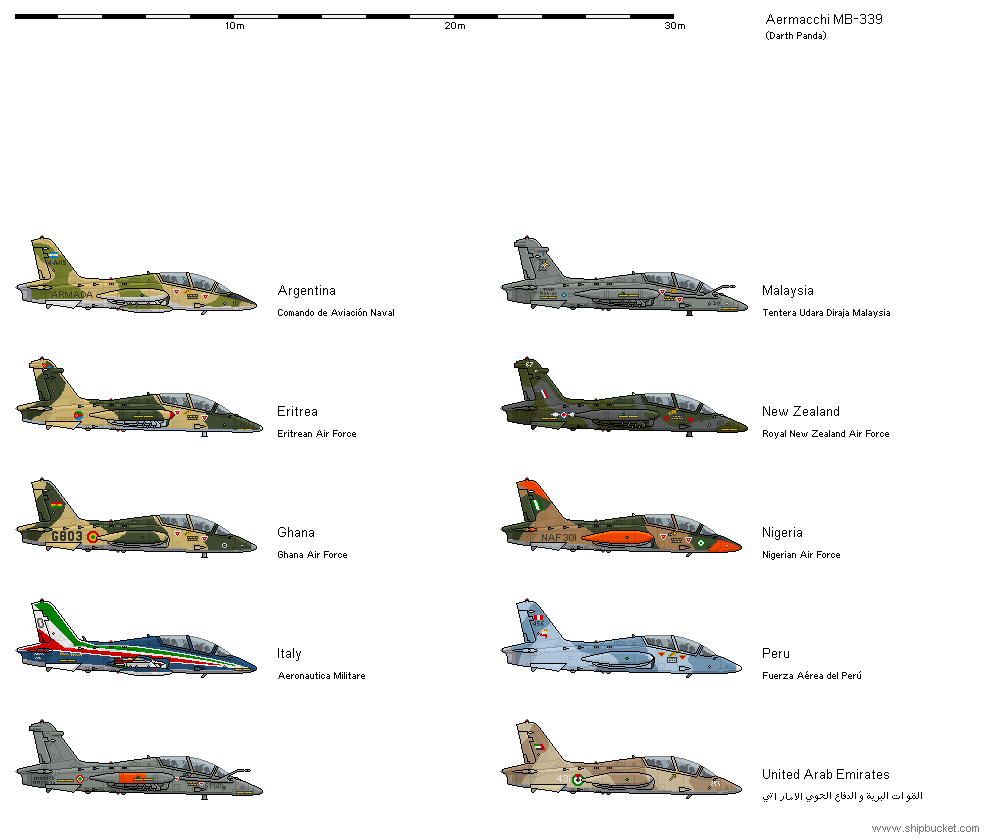
Manchukuo - Messerschmitt Bf 108 Taifun

Moderator: Community Manager



eswube wrote: ↑February 24th, 2022, 9:14 pm (carried over from FD Aircraft 18 thread)
Actually I have some reservations about this drawing. One is that elements such as rudders, elevators, flaps or ailerons are usually marked in black (yeah, there are few drawings around where they are not, but generally it's a break in surface, and these are marked black) - so are usually doors or major hatches (like luggage - inspection ones rather not, though).
Also - though that's somewhat conditional, but I'd apply it in this case - I'd mark the line of separation between vertical stabilizer and fuselage, as well as between horizontal stabilizer and fuselage in black.
Another thing - for a strange reason there's a 2-pixel thick shaded line along the rudder's trailing edge, which doesn't make much sense, as it would suggest that it's very thick and circular there - which is clearly not the case.
Next issue - very important - there's just one highlight shade on top of fuselage (and engines) but two shades along the bottom of fuselage (yet not on engines and the wing-fuselage fairing) - just one is standard.
Finally the brighter shade over the cockpit and over the nose - over the cockpit it's deepening (from 4 pixels for most of the length to 8+ pixels over cockpit windows) in typical FD practice would suggest that the fuselage becomes horribly wide and flat-ish on top, while the constant width of the highlight on the also doesn't quite makes sense, as the nose gets narrower towards the front, and so should highlight.
(as an extension of this last point: highlight on the propeller cap is very wide but just 1-pixel wide shaded - it should be symmetrical top-bottom - wide on the engines' side and narrowing towards the front tip)



Can you elaborate on what "other improvements" mean?Robert MacReady wrote: ↑November 30th, 2022, 10:00 pm Do you think you could make other improvements to the Saab 2000, including a version without landing gear?

@RainmakerRainmaker wrote: ↑November 18th, 2022, 7:01 pm A few months back, I made the switch from flying the 757/767 freighter to flying the A320 family with Canada's flag carrier. I saw Ukraineball's A319/A320 series and felt inspired to do the same for Air Canada. It turned out to be a time-consuming process, but I did my best to show all the major liveries from 1990 until now.
I used Ro-Po Max's excellent A320 as a base and modified it to include the A319 and the A321, so many thanks to Ro-Po Max for creating such a great base drawing to which I could clumsily apply some additional liveries. As always, comments and feedback are much appreciated - enjoy!
(...)
@Albion00
@Reytuerto


